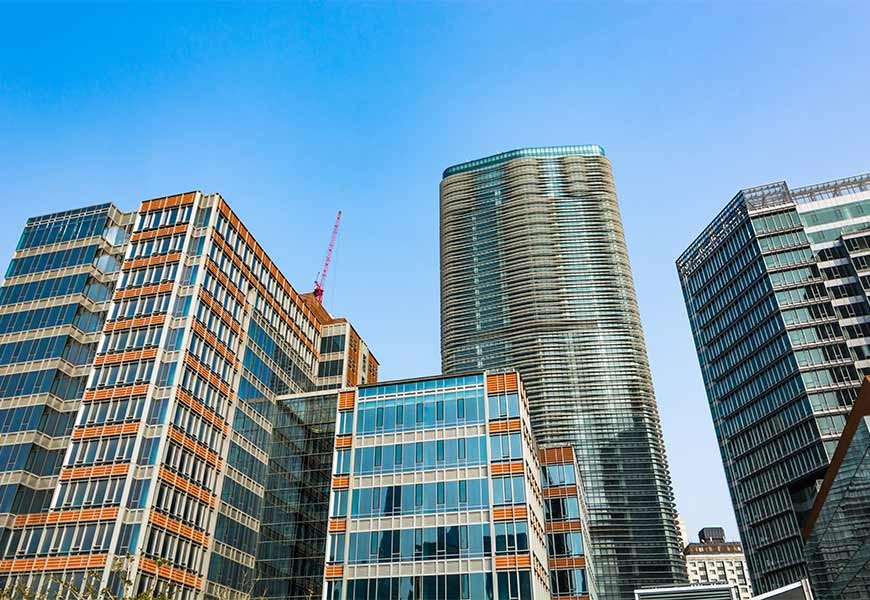
The real estate development industry is poised for significant transformations in 2024. As new trends emerge, developers, investors, and buyers must stay informed to navigate the evolving landscape effectively. Here’s a look at the most influential trends shaping the real estate market this year.
Emphasis on Sustainable Building Practices
In 2024, sustainability is more than just a buzzword; it’s a driving force behind real estate development. Developers are increasingly focusing on eco-friendly building practices. This shift includes the integration of renewable energy sources, energy-efficient appliances, and sustainable materials. The goal is to reduce the carbon footprint and create buildings that are both environmentally and economically sustainable.
Rise of Smart Buildings
Technology continues to revolutionize the real estate sector. Smart buildings equipped with advanced technology, such as IoT devices and AI-driven systems, are becoming more common. These buildings offer enhanced security, improved energy management, and greater convenience for occupants. In 2024, expect to see a surge in developments incorporating these smart technologies.
Increased Focus on Mixed-Use Developments
Mixed-use developments are gaining popularity as they offer a blend of residential, commercial, and recreational spaces. This trend caters to the growing demand for live-work-play environments. By integrating various functionalities into a single space, developers are creating vibrant communities that enhance the quality of life and reduce the need for commuting.
Expansion of Remote Work-Friendly Spaces
The remote work trend, accelerated by recent global events, is influencing real estate development. Developers are designing spaces that accommodate home offices and flexible work environments. Properties with dedicated workspaces and high-speed internet access are increasingly attractive to buyers and renters. This trend reflects the ongoing shift towards a more hybrid work culture.
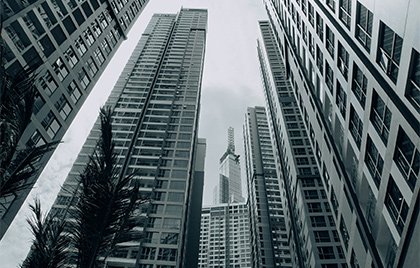
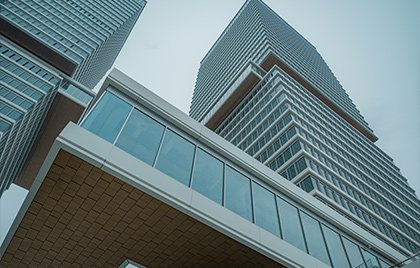
Urban Revitalization Projects
But who are you, really? Most clients that approach you as a professional want to know who you are in an elevator pitch.
Urban revitalization remains a key focus in real estate development. Many cities are investing in the redevelopment of underutilized areas, turning them into vibrant hubs of activity. These projects often include the renovation of historic buildings, creation of public parks, and development of cultural amenities. The aim is to breathe new life into urban spaces and make them more appealing to residents and businesses.
Health and Wellness Integration
The health and wellness trend is reshaping real estate development. Developers are incorporating features that promote physical and mental well-being. These include improved air quality, natural lighting, and access to fitness facilities. The emphasis is on creating environments that contribute positively to the health and well-being of occupants.
Affordable Housing Innovations
As housing affordability becomes a pressing issue, innovative solutions are emerging. Developers are exploring new approaches to create affordable housing options. This includes modular construction, which allows for quicker and more cost-effective building processes. Additionally, there is a push towards policies and incentives that support the development of affordable housing projects.
You will never fake the feeling of being in such a place. The live minimalism base on the natural materials and alive unprocessed textures — true, authentic, close to nature.
Andrew Fox
Enhanced Focus on Community Spaces
Creating strong community connections is becoming a priority in real estate development. Developers are focusing on designing communal spaces that foster interaction among residents. This trend includes the development of community centers, shared gardens, and recreational areas. These spaces aim to enhance social cohesion and improve the overall living experience.
Adoption of Green Roofs and Urban Farming
Green roofs and urban farming are emerging as popular features in new developments. Green roofs provide insulation, reduce urban heat islands, and contribute to biodiversity. Urban farming initiatives offer residents the opportunity to grow their own food and promote sustainability. These features are becoming increasingly common as developers seek to integrate nature into urban environments.
Embracing Adaptive Reuse Projects
Adaptive reuse is a trend that involves repurposing existing structures for new uses. This approach not only preserves historical buildings but also reduces the environmental impact of new construction. In 2024, more developers are turning to adaptive reuse as a way to revitalize old properties and meet the growing demand for unique and sustainable spaces.
Conclusion
In conclusion, the real estate development landscape in 2024 is characterized by a strong focus on sustainability, technology, and community well-being. Developers are embracing these trends to create innovative, efficient, and vibrant spaces that cater to modern needs and preferences. Staying ahead of these trends will be crucial for anyone involved in the real estate sector.








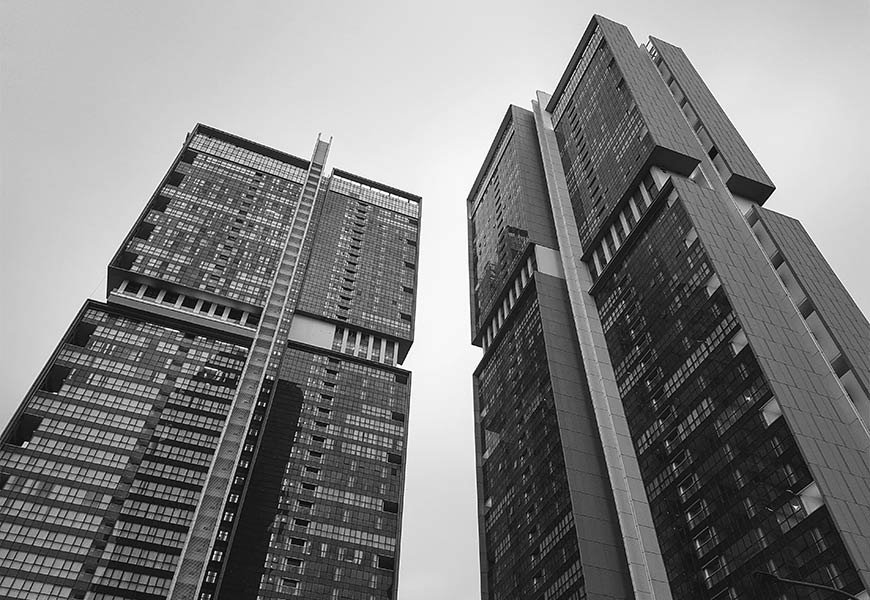
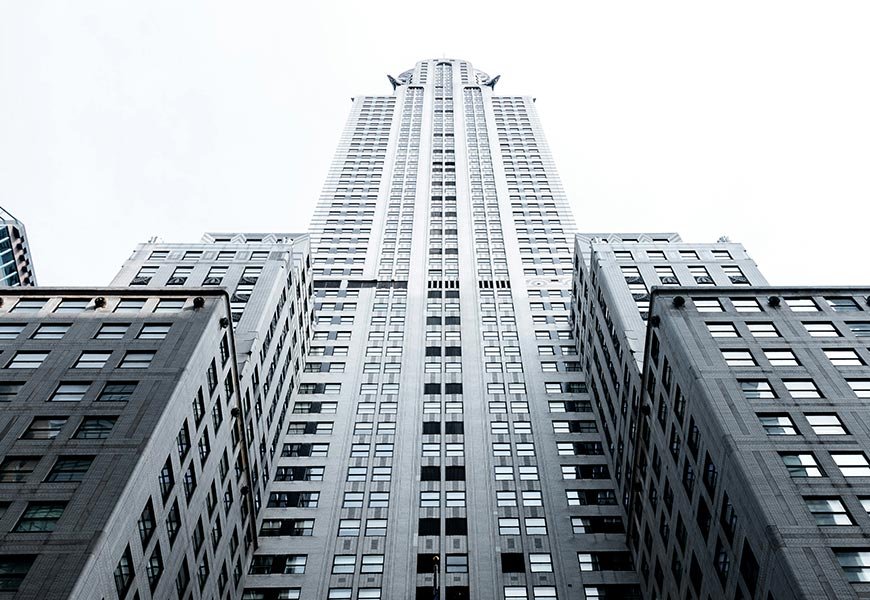

By admin
August 6, 2024Hi, this is a comment.
To get started with moderating, editing, and deleting comments, please visit the Comments screen in the dashboard.
Commenter avatars come from Gravatar.